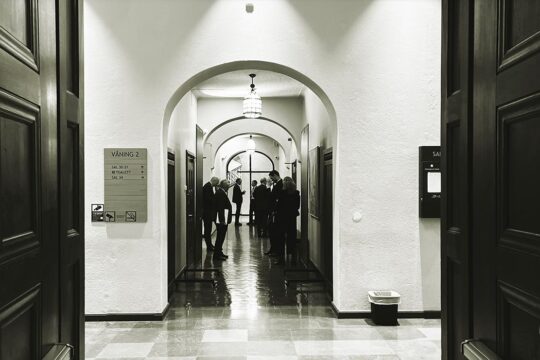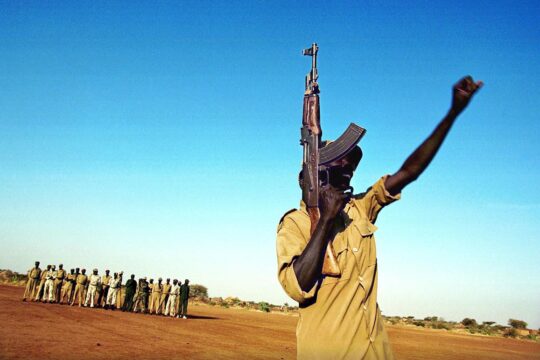South Sudan, where President Salva Kiir has named arch-rival Riek Machar as vice president, has been in civil war for over two years.
Independent since 2011, the conflict in the world's newest nation has pitted government troops loyal to Kiir against those of Machar, who was sacked as vice president six months before war began in December 2013.
Tens of thousands have been killed and more than two million people forced from their homes. The UN says South Sudan now ranks "lower in terms of human development than just about every other place on earth".
Here are key events in the war.
- 2013 -
December 15: Heavy gunfire erupts in Juba, where tensions have risen since July when Machar was fired as vice-president. Kiir blames Machar for an attempted coup, but Machar denies this and accuses the president of purging his rivals. Fighting spreads and rebels seize key towns.
- 2014 -
January 10-20: Uganda sends troops to back Kiir. Government troops recapture the northern city of Bentiu, capital of oil-rich Unity State, and Bor, capital of the eastern state of Jonglei.
April 15-17: More than 350 civilians are massacred in Bentiu and Bor, according to the UN.
May 2: US Secretary of State John Kerry warns of the risk of "genocide" as he visits Juba.
August 26: A UN helicopter is shot down, with three onboard killed. Each side blames the other. Dozens of other aid workers have since been killed.
- 2015 -
February 1: Kiir and Machar sign a new agreement to end the fighting, the latest in a series of deals, and like the others, rapidly broken within days.
June 30: South Sudan's army raped then torched girls alive inside their homes, a UN rights report says, warning of "widespread human rights abuses". Rebels have also been accused of similar atrocities.
July 2: UN and US sanctions placed on six leaders from both sides.
August 17: Machar signs a peace deal in Addis Ababa.
August 26: Kiir signs the peace accord, but issues a list of "serious reservations". Fighting continues.
October 3: Kiir nearly triples the number of regional states, undermining a key power sharing clause of the peace agreement.
October 28: African Union investigators list atrocities committed include forced cannibalism and dismemberment.
November 5: UN experts warn that killings, rapes, and abductions continue and that both sides are stockpiling weapons. Over two dozen armed groups are involved in fighting characterised by shifting alliances, opportunism and historic grievances.
November 27: Some 16,000 children have been forced to fight, amid a growing humanitarian crisis, the UN says. More than 2.8 million people, almost a quarter of the population, needs emergency food aid.
- 2016 -
February 8: UN agencies warn at least 40,000 people are being starved to death in war zone areas on the brink of famine, with rival forces blocking aid.
February 12: Kiir reappoints Machar as vice president, but it remains unclear when Machar will return to Juba to take up the post.




